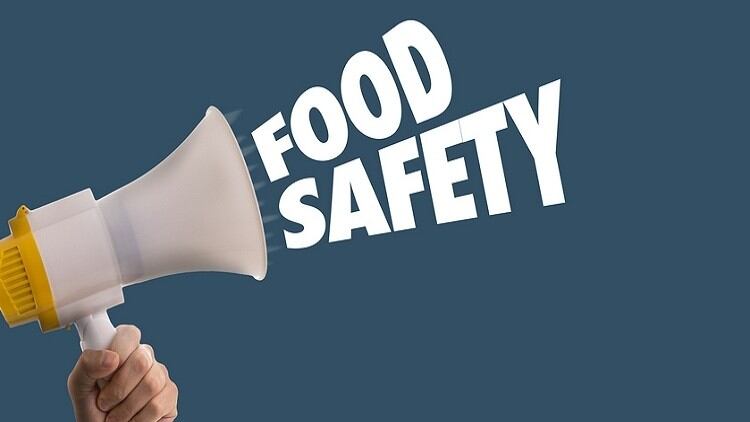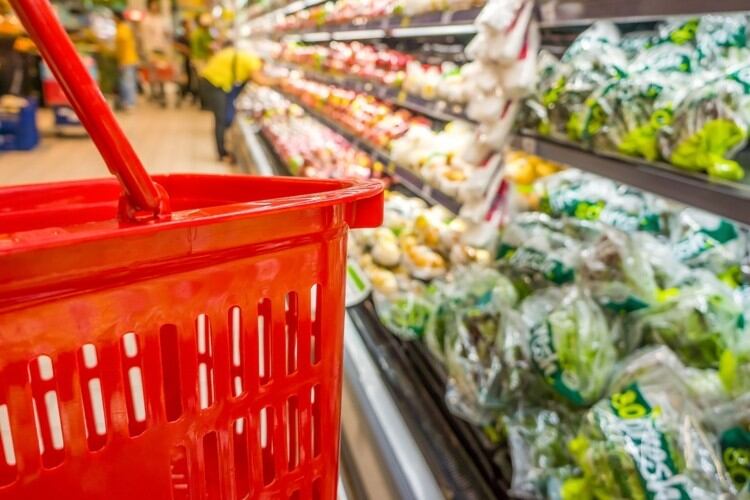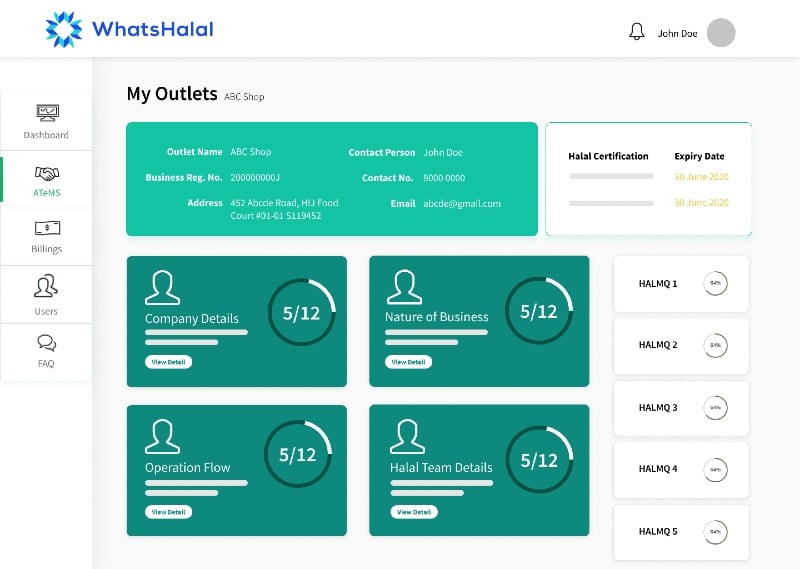‘Misleading advice’: Poisoning risk of disinfecting fresh produce to prevent COVID-19 – industry expert
Fresh produce experts in Australia and New Zealand have denounced the merits of directly disinfecting fruits and vegetables as has been advocated via a viral video and mainstream news, calling this a ‘dangerous’ food safety hazard.
The viral video was produced by American physician Dr Jefrrey VanWingen, who termed it a ‘Public Service Announcement’ and advised the public to pre-soak fresh fruits and vegetables in soapy water, then washing these with soap again for 20 seconds.
His advice was loosely based on a recent New England Journal of Medicine study finding that the SARS-COV2 virus, which causes COVID-19, can survive on different surfaces for prolonged periods of time, up to hours, and that soap can effectively kill it – but experts said that his advice is erroneous as there are numerous other negative side effects this could cause.
“The biggest risk here is people being exposed to other contaminants and getting themselves poisoned,” Produce Marketing Association Australia-New Zealand (PMA A-NZ) Head of Food Safety Deon Mahoney told FoodNavigator-Asia.
Safety vs sustainability: Single-use food packaging use rises due to COVID-19 – but is it truly safer?
Single-use, disposable food packaging appears to have made a comeback riding on the coattails of the COVID-19 pandemic, as many consumers believe this to be safer and/or more hygienic – but are these beliefs truly warranted?
For some years now, sustainability has been a key trend and driver in the business and marketing strategies for many food and beverage companies in the Asia Pacific region such as Coca-Cola and Nestle especially after China banned plastic waste imports in 2018.
One of the main initiatives across many of these that have this focus has generally been to cut down on the use of single-use plastic bottles and packaging – but experts say it is likely that ‘companies may resort to plastic packaging to combat the spread of the pandemic, putting the sustainability aspect in the back seat’ again.
Contamination risk: ‘Gluten-free’ grain-based foods in India found to contain up to 90 times permissible levels
Almost 10% of grain-based foods labelled as ‘gluten-free’ and over 35% of those that do not contain gluten by nature in India have been found to be contaminated with it, some up to 90 times more than permitted levels.
Researchers from the National Institute of Nutrition (NIN) in Hyderabad, India analysed 160 grain-based food products (RTE foods, flours, grains) by purchasing these from online grocery platforms, retail outlets or other local sources. Of these, 51 products were labelled as gluten-free, and 109 were naturally gluten-free (e.g. dahl, millet, quinoa, buckwheat, oats).
Many of these were found to be contaminated with gluten above the legally accepted limits as set by the Food Safety and Standards Authority of India (FSSAI) at 20mg/kg (gluten-free) or 20mg/kg to 100mg/kg (low gluten).
Allergens down, microbes up: FSANZ reports 50% rise of food microbial contaminations in 2019
Food Standards Australia New Zealand (FSANZ) has reported a 50% rise of food contamination cases in Australia by microbes leading to product recalls in 2019, despite a lower overall food recall rate.
In the agency’s latest food recall statistics report for all cases between 1 Jan 2010 to 31 Dec 2019, FSANZ revealed that 30 types of food products were recalled due to microbe contamination as compared to 20 types in 2018, representing a 50% overall increase in such cases.
Australia’s top three microorganisms that caused food recalls in the past decade were revealed to be Listeria monocytogenes (66 cases), Salmonella (46) and E. coli (37), with Listeria having a clear lead.
Super-fast salmonella testing: Australian breakthrough could benefit food industry and public health monitoring
Researchers in Australia have developed a series of rapid, reliable and highly sensitive DNA tests, which can identify the five most common Salmonella subtypes in the country in a matter of minutes - with potential for use in for the food industry as well as in public health settings.
The new tests can detect DNA in as little as eight minutes – and work at a constant temperature – unlike other methods that require specialised equipment for temperature cycling.
The scientists say their tests could have the potential to help public health laboratories and industry curb the spread of Salmonella outbreaks in the future.





